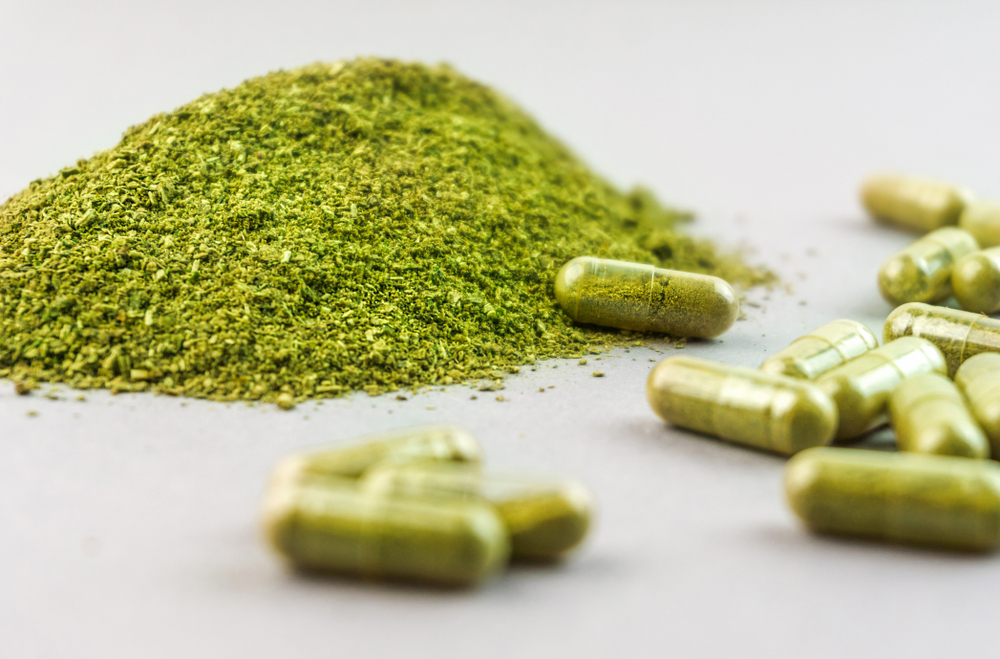Kratom has been touted as a mood enhancer, an energy booster, a pain reliever, and a way to combat opioid addiction. At the same time, products containing kratom have been tied to fatalities across the country.
According to an investigation published in December by The Tampa Bay Times, there have been more than 2,000 fatal kratom-related overdoses nationwide since 2021. In another analysis by the Centers for Disease Control, kratom was implicated in 846 fatal overdose cases in 30 states in 2022.
With the tragedies have come a growing number of kratom lawsuits alleging that businesses do not warn the users of the risks of kratom and in many instances tout that they are safe and effective when they are not.
What Is Kratom Used For?
Kratom comes from the leaves of the Mitragyna speciosa, a tree found in Southeast Asia. It has been used for centuries in folk medicine by the people of Thailand and Malaysia and is known for treating conditions including anxiety, body aches, depression, and opioid withdrawal.
Its main chemical compounds include mitragynine, which binds with a person’s brain receptors and provides a sedative effect, similar to opioids, and alkaloids, recognized for their ability to stimulate or energize a person due to the way they can bond with serotonin receptors.
Smaller amounts of kratom can help a user achieve an energy boost while a larger dose is taken to alleviate pain or experience a calming effect.
Here in the United States kratom’s popularity took off in the mid-2000s. In 2024, kratom products can be purchased in several different forms – powder, liquid, or capsule. They can also be purchased easily through online stores, specialty cafes, gas stations, and vape shops.
However, six states have banned its sale, including Alabama, Arkansas, Indiana, Rhode Island, Vermont and Wisconsin. Certain cities across the U.S. have also banned or established regulations for kratom including Denver, Sarasota, and San Diego.
The U.S. Food and Drug Administration’s stance on the substance is that there is not enough evidence to “establish” its safety. In addition, the FDA posted a warning about the product that it can be lethal if mixed with other drugs, and that it can also cause an effect similar to that of opioids like morphine and fentanyl and therefore can become addictive.
A Sampling of Kratom Lawsuits
In the last few years, kratom lawsuits have been filed against manufacturers, sellers, and retailers of kratom.
In July of 2023, the first U.S. settlement in a kratom lawsuit was handed down in Washington state. A jury awarded a widow and her family $2.5 million in damages after she filed a wrongful death lawsuit in December 2020 over her husband’s death.
Her husband used a kratom tea to help manage chronic back pain, and the lawsuit alleged that the father of three children would not have died if the product had displayed proper health and safety warnings on its packaging. The jury found the maker of the product was liable for negligence on product labeling, selling a product that was not reasonably safe in design, and breach of the “implied warranty of merchantability.”
Also in July of last year, a wrongful death lawsuit resulted in the family of a woman in Florida receiving $11 million in damages. The victim, who was a nurse and mother of four, had collapsed in her kitchen while preparing breakfast for her family. By her side was an open package of kratom that had been purchased online with a handwritten label that said “Space Dust.”
The judge acknowledged that nothing could diminish “the pain and suffering that her family endured’’ because of the woman’s death. “The law nonetheless recognizes that the defendant must pay something, however inadequate,” he wrote.
In Texas, a woman filed a lawsuit against the makers of a product called “Kratom King’’ after it was ruled her son’s death was caused by “mitragynine toxicity” after taking the product. The lawsuit alleges the company misled consumers with statements promoting the product as “safe, beneficial and intended to treat pain, anxiety and other health problems.”
In California, a recovering alcoholic filed a class-action lawsuit against the makers of a product known as “Feel Free kava drink.” The plaintiff alleged that the product makers, Botanic Tonics, did not list kratom as a main ingredient and sold the product as a “safe, sober and healthy alternative to alcohol” when it is not, according to the lawsuit.
According to an article in The Los Angeles Times, the plaintiff sought class-action status in large part because of the manufacturer’s marketing to youth and sports teams. Lawyers for the plaintiff noted that not only has the FDA expressed concern over kratom dependence among frequent users but the Drug Enforcement Administration identifies it “as a drug and chemical of concern.”
While dozens of lawsuits have been filed against kratom manufacturers, sellers, and retailers by people who have experienced injuries or death after using a product, kratom is still being sold across the country.
Currently, while the makers and sellers of kratom are marketing their kratom products as safe, consumers have no way of knowing the actual truth. If you’ve suffered a kratom-related injury or a loved one has suffered an overdose death know that there are legal options available to hold those who are selling dangerous products or misleading consumers with bad information accountable.



